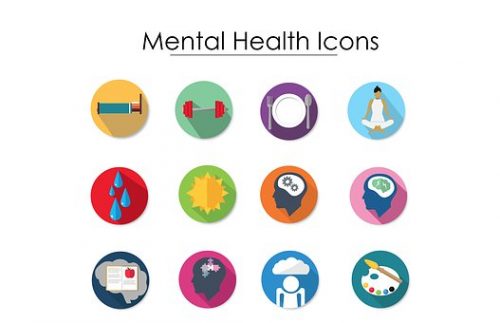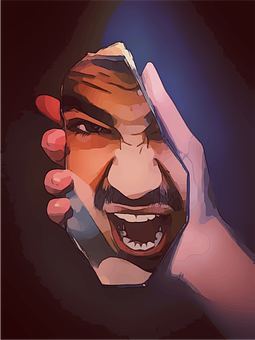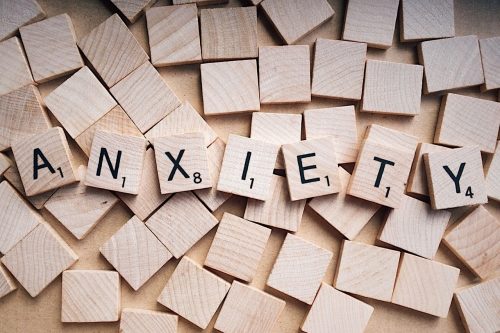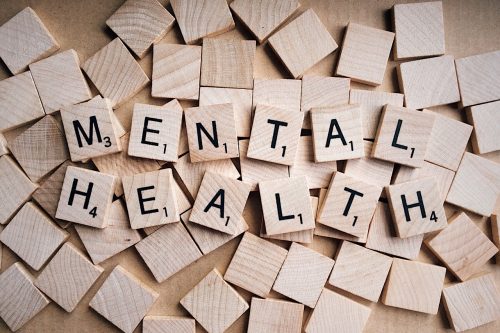Disclaimer: The author speaks of their personal experience in this blog. They are not saying that self-counseling can replace counseling that licensed professionals can offer or that it is the most effective way to deal with mental health issues. They only mean to share their healing journey with people who might be able to relate to it.

When I revealed my decision to perform self-counseling instead of letting my parents continue to pay at least a hundred dollars for every counseling session, my parents could not speak, and their facial expressions became blank. That was never a good sign.
Once Mom recovered, she said, “Honey, it’s okay even if we pay for your counseling for as long as you need it. You should not feel the need to cut corners because your father and I can handle the finances well.”
“Yes, that’s correct, honey. You do not have to try self-counseling,” Dad added.
So, that was the problem. It was not because they worried that nothing good would come out of my new plan. It was more because they feared that the crazy side of me was the only thing that wanted to perform self-counseling. After all, the people around me often complained about my high intelligence. Hence, my parents must have thought that I was merely acting like the Ms. Know-It-All they knew too well again.

Even if I tried to deny it, the reality was honestly not far off from that. Before I announced that I wanted to try my hand at self-counseling, I went online to read any information regarding the possibility of counseling myself. For added details, I even spent some time in the library. It was only after the 11th book that I understood that it was possible to counsel yourself, especially for people like me who had seen counselors before and knew their process.
Despite my parents’ opposition, I went on with my plan.
Doing Counseling On Myself
Doing counseling on yourself typically requires good focus. It was much different than regular counseling, considering you do not have an outsider – a mental health professional – to strike a conversation with. You would not hear them throwing helpful questions at you or guide you in the right direction.
During a self-counseling session, you need to be responsible for everything you do so that the time you spend on this activity would always be used in vain.
The first time I tried to counsel myself, I decided to do it at the quietest time of the day at home. Most people would recommend looking for a quiet room, but I already had one. The only problem I usually had was that I had little brothers running up and down the hallway in the mornings and afternoons, so I had to start the counseling process around 10:00 in the evening.
Of course, despite the quietness of my bedroom, I also prepared it for the occasion. For instance, I asked my mom to buy me some aromatic candles somehow to mimic the scent in my favorite counselor’s office. I also pre-downloaded some instrumental classical songs to ensure further that I could main calm throughout the process.

When everything was ready, I started self-counseling.
Think Of Yourself As Somebody Else
The first step towards successful self-canceling is detaching yourself from yourself. I know it does not make a lot of sense, but if you think about it from a different perspective, you will realize that most counseling sessions work because the counselor has ideally never met you until that day. They do not know what you are like outside the clinic; they know better than to make first impressions last. Thus, it would most likely not be too tricky for them to hear you out completely without judging you.
If you could practice self-detachment, could you imagine what troubles you could encounter during self-counseling? You might not even be able to get past the first step!
Ask And Answer Questions Diligently
Once you have mastered the technique of detaching yourself from your mind, body, and soul, you can now come up with simple yet hard-hitting questions.
Here are some of the questions I asked myself:
- Why do I feel awkward around others?
- What pushes me to challenge others’ intelligence?
- Have I been too aggressive to everyone?
- What activities have other people been doing before I acted up?
Admit Your Mistakes
Another truth regarding self-counseling is that many people try to hide their mistakes even when they are merely talking to themselves. Admittance is synonymous with guilt for some people, after all. It had something to do with the saying, “Talking about something out loud will make it real.”
Well, refusing to admit the errors in your actions will not take you anywhere. You will merely feel frustrated in the end and look for harsher treatments (e.g., substance abuse).
Stop Asking, “God, Why?’
Lastly, self-counseling taught me to stop being melodramatic. I used to be upset deep down with everyone, especially God, due to my mental health journey. It made me feel abnormal, for lack of a better word, because no other kid I knew had even met a psychologist. Meaning they were saved from that kind of life. But I wasn’t.
As I focused on detaching myself from my thoughts, though, I managed to let go of all the blaming I had been doing for years. There was no use in finding someone to blame; I just had to focus on answering more questions that came up in my mind until nothing left.

Final Thoughts
I continued to do self-counseling for years. It gave me clarity and peace of mind, and it helped me heal my relationship with my family.
To reiterate, I would not recommend self-counseling to people who had not experienced one-on-one counseling with a licensed counselor before. I could do this because I had met enough counselors to adapt their techniques and apply them on my own. The effect of self-counseling on me might also not be the same on you, so if you wish to give it a go, I wish you well. For starters, it is still better to attend to your first therapy session with a professional instead of self-counseling.














 Source: pixabay.com
Source: pixabay.com Source: pixabay.com
Source: pixabay.com Source: pixabay.com
Source: pixabay.com
